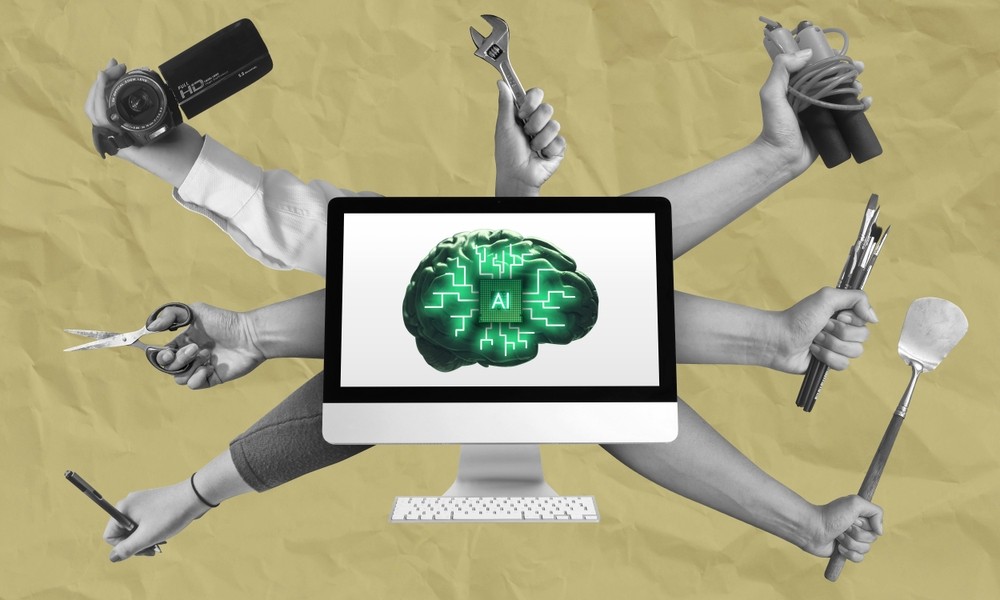The emergence of AI in the social housing sector promises transformative benefits, but a recent study sponsored by BCN highlights that the journey to fully harness these benefits faces significant hurdles.
Conducted by Dr. Simon Williams from Service Insights Ltd, in collaboration with Leeds University Business School, the research involved 220 survey participants and 50 detailed interviews with 10 English housing associations.
It revealed an emerging interest in generative AI technologies, yet the absence of solid policies and governance frameworks is concerning. Though 31.1% of respondents reportedly use AI tools, only 22.1% knew of AI availability for specific employee roles.
Most AI users (93.8%) cited benefits such as time savings and productivity boosts but voiced concerns regarding AI accuracy. Merely 20.2% trust AI accuracy consistently, while 41.7% feel AI aligns with their organisation’s values. Issues with data quality remain prominent.
BCN urges social housing associations to tackle AI strategy gaps, enhance data readiness, and amplify staff training to truly benefit tenants and employees. BCN CTO Mark Rotheram points out that AI's benefits, "are now available for every type of organisation," urging housing associations to "get data ready, roadmap their AI strategy," and implement crucial guardrails for better outcomes.
“There are many use cases where housing associations could benefit from AI adoption, including predictive analytics, tenant risk profiling and service forecasting tools, but they need support to move from experimentation to strategic, ethical, and impactful AI adoption. Associations need clear leadership, policy development, and structured implementation plans to address the issues the research raised,” says Rotheram.
Staff training emerges as a critical area, with less than a quarter confident in using AI. About 30% described their confidence levels as poor. Addressing this, Rotheram emphasises the importance of AI literacy programs, training modules, and change management, noting the vast benefits housing associations and tenants could reap with the right commitment.




